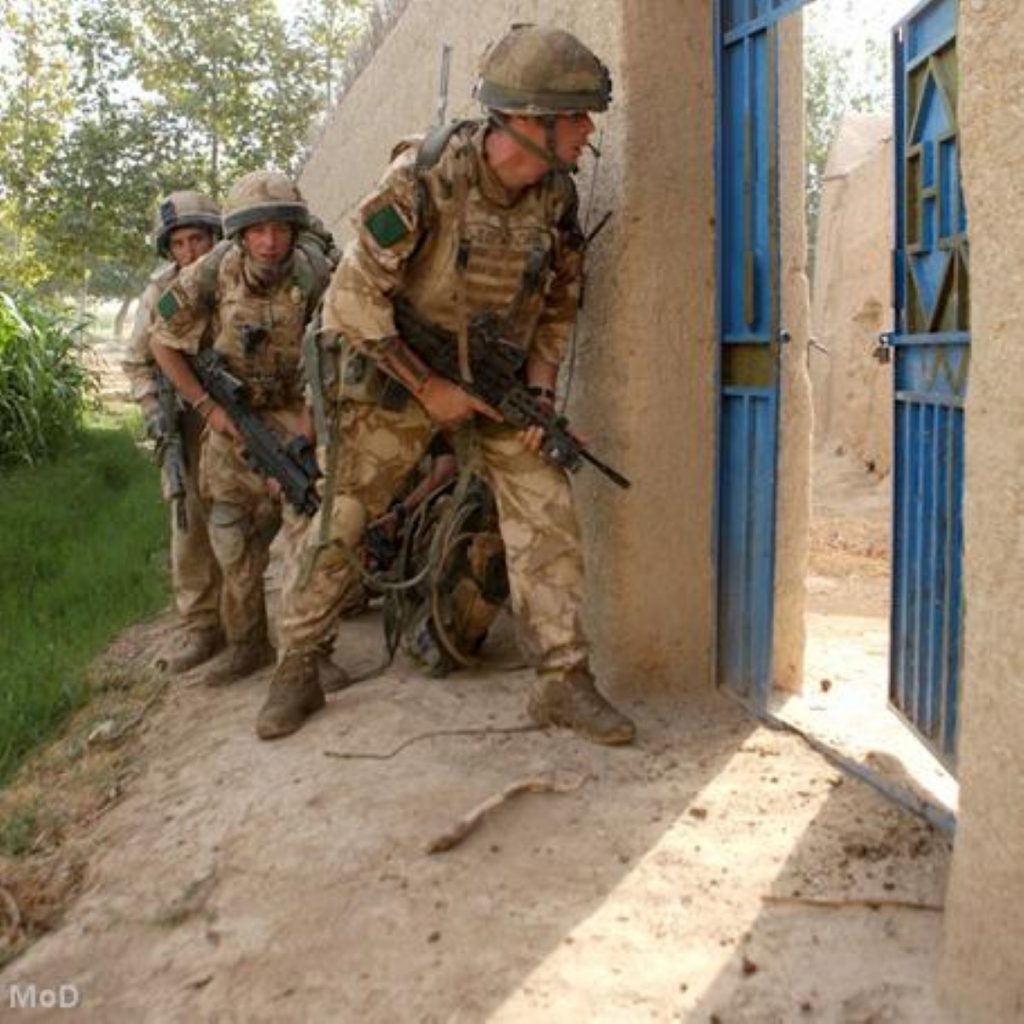Coalition ‘retreating from war promise’
By Alex Stevenson Follow @alex__stevenson
The government is retreating from its commitment to ensure the Commons approves decisions to go to war.
MPs on the Commons' political and constitutional reform committee expressed their frustration as ministers distanced themselves from the coalition agreement's pledge to "enshrine in law for the future the necessity of consulting parliament on military action".
Britain's military intervention against Libya's Muammar Gaddafi earlier this year was preceded by a Commons vote and the government has accepted the need to get MPs' permission – and included it in the recently published Cabinet manual.
But constitutional reform minister Mark Harper wrote to the committee stating: "As the government has already committed to observing the convention, the case for urgency has not been established, and I do not therefore believe it would be appropriate to set out a fixed timetable for progress on this matter.
"I understand that this will not satisfy the committee's concerns.
Mr Harper was correct. The report stated: "Even on his view that there is no pressing urgency, it does not follow that there should no timetable for making progress of any kind.
"This is an issue to which considerable thought has been given for a number of years now. Progress is overdue."
Calls to establish parliament's right to have a say on whether Britain goes to war were intensified after the 2003 invasion of Iraq, when the Labour government allowed a vote – but did not have to.
The political and constitutional reform committee's earlier report on the issue, published in September, had demanded that ministers urgently bring forward "a text for parliamentary decision as a first step to bringing greater clarity to this key area of constitutional decision-making".





-01.png)